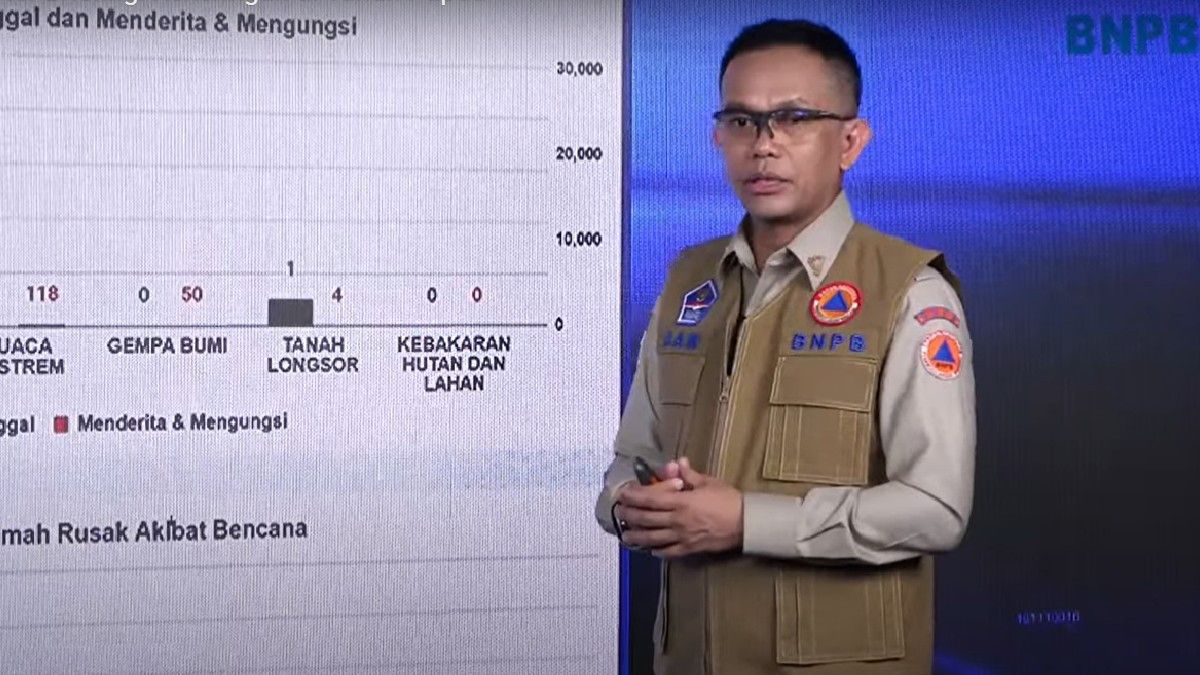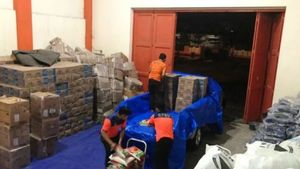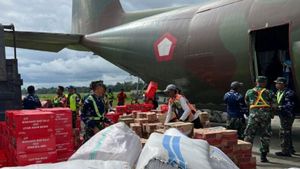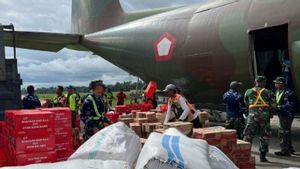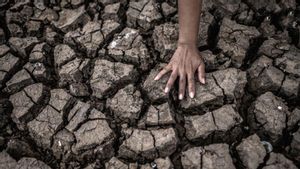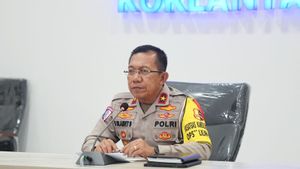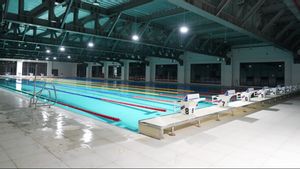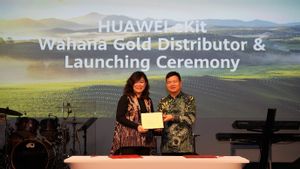JAKARTA - The National Disaster Management Agency (BNPB) revealed that rain often flushed three districts affected by drought and hunger in Puncak Regency, Central Papua Province.
"The disaster in Papua related to extreme weather is not dry," said Head of the BNPB Disaster Information and Communication Data Center Abdul Muhari during a virtual 'Disaster Briefing: Drought in Papua' on Monday 7 August.
Abdul explained that drought in Lambewi, Agandugume and Oneri Districts in Puncak Regency is like a season that hit neighboring countries. He analogizes drought in Puncak Regency such as winter or winter in Australia.
"When BNPB was there, it rained in the morning and in the afternoon, and the clouds were thick. So the rain was not a problem there. What is the problem for the July-August period in Australia, this has the influence of cold air," he said.
According to Abdul, tropical and subtropic food crops experience obstacles in developing or being damaged when facing winter in Australia. This happened in Puncak Regency, although not winter but staple crops for daily consumption of the dead.
"Because the winger brings drought, because it smokes water in the air. This is actually what happens. So when the air is very cold in the highlands of Papua. In the morning or evening there is usually an ice fog, and usually in the ground like what happens in Dieng, there is ice grain vapor [upas stockpile]. This then makes plants like this [shows a screen monitor of photos of corn plants planted with drought]," he said.
Abdul added that food crops in Puncak Regency cannot adjust to survive at low temperatures.
"When the ice grains appear every night, every morning, they will deflate the tubers in the soil, which are the main sources of food for our brothers and sisters in Papua," he said.
اقرأ أيضا:
When a number of foodstuffs are damaged or dead, it cannot be consumed by the people of Puncak Regency, said Abdul, they also do not have food reserves.
"So people in these three affected districts usually cultivate crops, to fulfill self-help, to meet the needs of their own groups," he said.
As a result, the crisis in food and hunger needs emerged in Lambewi, Agandugume and Oneri Districts. The geometry of the three districts in mountainous areas is another obstacle to getting food and distribution of food aid from other cities.
"That's why BNPB and the Coordinating Ministry for Human Development and Culture will build the food barn," said Abdul.
The English, Chinese, Japanese, Arabic, and French versions are automatically generated by the AI. So there may still be inaccuracies in translating, please always see Indonesian as our main language. (system supported by DigitalSiber.id)
